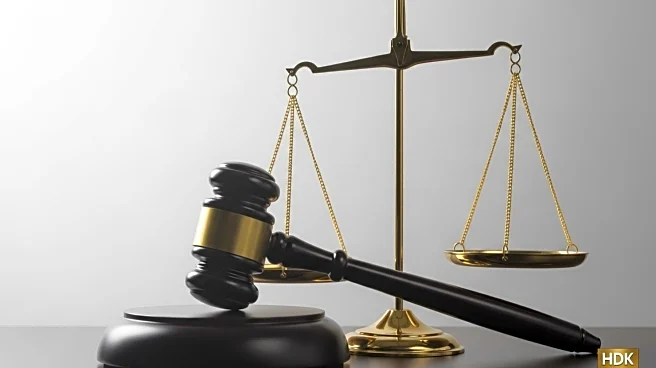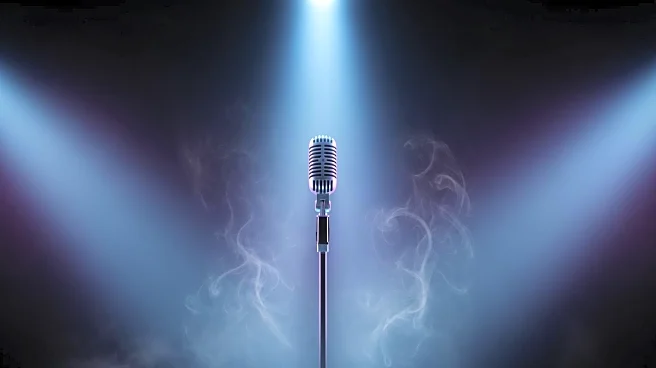What's Happening?
The Supreme Court has denied Alex Jones' request to overturn a $1.4 billion jury verdict against him for defaming families of Sandy Hook Elementary School shooting victims. Jones, the founder of Infowars, was found liable in Connecticut and Texas courts for falsely claiming the 2012 shooting was a hoax aimed at promoting gun control. His accusations led to harassment of the victims' families by conspiracy theorists. Jones sought to pause the award and appeal the civil case, arguing that the sale of Infowars to the satirical site The Onion would confuse his audience and undermine his message. The Supreme Court's decision leaves the verdict intact, with no explanation provided, as is customary.
Why It's Important?
The Supreme Court's decision is significant as it upholds a substantial financial penalty against Alex Jones, reinforcing accountability for spreading false information. This ruling may deter similar defamatory actions by public figures, emphasizing the legal consequences of misinformation. The decision also highlights the ongoing struggle between free speech and the protection of individuals from harmful conspiracy theories. The families of Sandy Hook victims, who endured years of harassment, may find some relief in the court's decision, although the financial restitution remains uncertain due to Jones' bankruptcy filings.
What's Next?
With the Supreme Court's rejection of the appeal, the focus may shift to the potential sale of Infowars to The Onion, which could alter the platform's content significantly. The bankruptcy proceedings in Texas will continue to play a crucial role in determining how the $1.4 billion verdict will be addressed. Stakeholders, including the Sandy Hook families and Jones' followers, will be watching closely to see how these developments unfold. The decision may also prompt discussions on the balance between free speech and accountability in the digital age.
Beyond the Headlines
The case raises broader questions about the ethical responsibilities of media figures and platforms in disseminating information. It underscores the potential impact of conspiracy theories on public discourse and the lives of individuals targeted by such claims. The legal precedent set by this case could influence future defamation lawsuits, particularly those involving high-profile figures and controversial topics. Additionally, the involvement of The Onion in potentially acquiring Infowars introduces a unique dynamic, blending satire with serious legal and ethical considerations.










